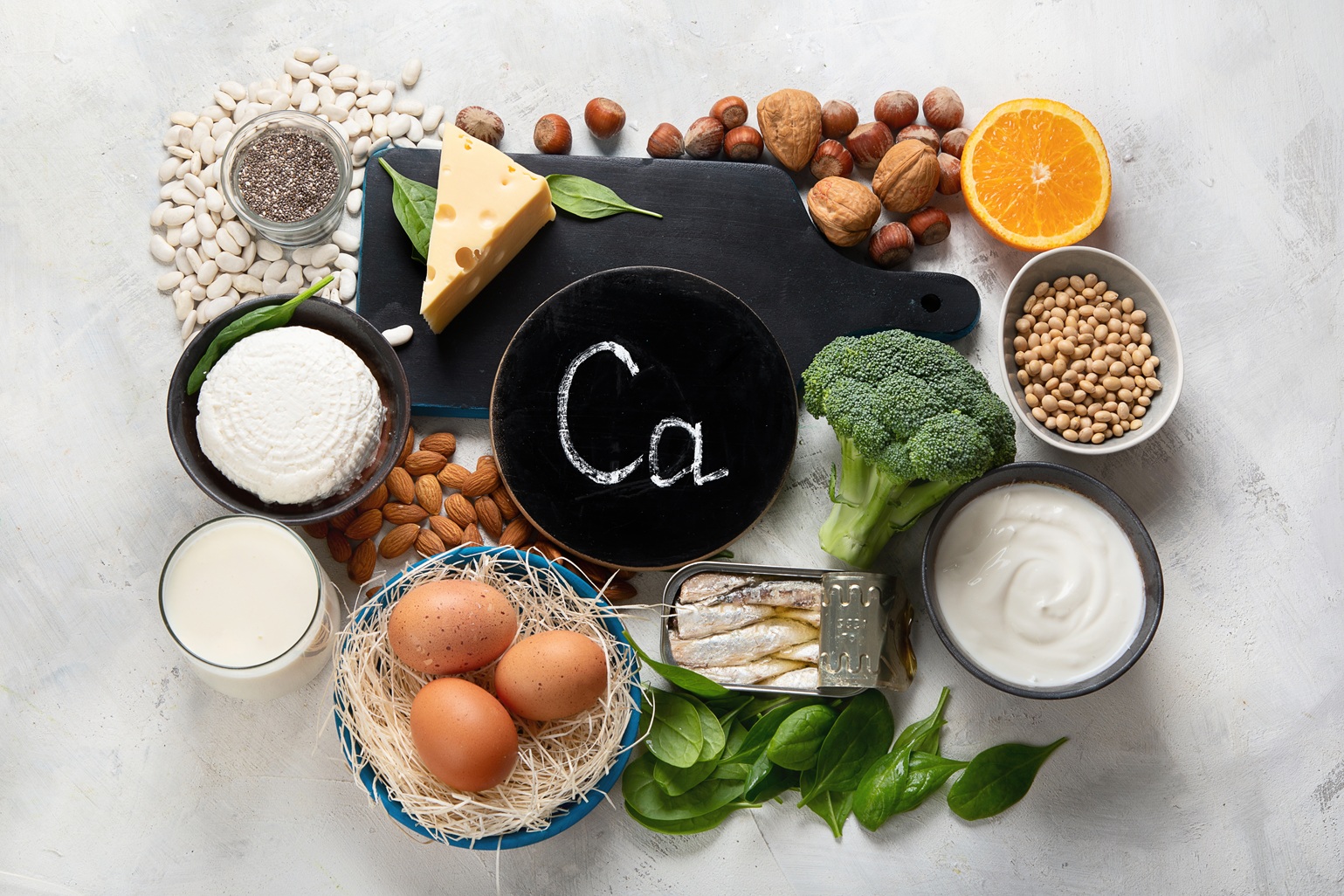
The short answer is yes. While much of the focus on bone health revolves around calcium intake, the strength and integrity of our skeletal system rely on more than just that. Hormones, in particular, play a significant role in maintaining healthy bones.

Hormones like oestrogen, androgens, calcitonin, nitric oxide and transforming growth factor-beta all play a role in regulating bone resorption (the process of bones breaking down). For example, low oestrogen levels contribute to higher bone resorption, increasing the risk of osteoporosis. On the other hand, sufficient body fat is vital for bone health because it aids in the absorption of key nutrients like minerals and vitamin D, which are essential for strong bones. Additionally, body fat is necessary for the production of hormones that support bone health.
One important hormone, oestrone (a form of oestrogen), stimulates the activity of osteoblasts - cells responsible for building bone - as well as myoblasts, which are involved in muscle tissue formation. Women in their 40s and 50s produce less oestrogen in the leadup to menopause, which is often when bone density issues are first detected. However, there is a long leadup to get to this
point.
DHEA, another anti-ageing hormone, has also been shown to contribute to bone health.
Testosterone, often associated with men, is a critical hormone for both genders in preventing bone loss. Free testosterone levels, measured through blood tests, have been used as an indicator of spinal bone health in post-menopausal women. This is another reason why strength training is so beneficial as we age - muscle activity helps maintain healthy testosterone levels, supporting bone integrity.
One often overlooked factor in bone health is the consumption of carbonated drinks, including sparkling water, soda and flavoured fizzy beverages. These drinks can leach minerals such as calcium, magnesium, silica and boron from the bones over time, weakening them. To protect your bones, it’s best to limit these drinks.

A mother’s nutrition before conception and during the first trimester can have a lasting impact on bone health. During pregnancy, calcium is crucial as it supports the development of the foetal skeleton and protects the mother’s teeth and bones, especially in the first and third trimesters. Interestingly, calcium metabolism changes during pregnancy - calcium absorption increases, and urinary calcium excretion roughly doubles compared to a non-pregnant state therefore consuming enough mineral-rich food is important.
Dairy products such a plain Greek yoghurt and cottage cheese as well as canned sardines and salmon with the bones, raw almonds, sesame seeds, dried figs, kale and other leafy greens are all good food sources of calcium.
In conclusion, while minerals such as calcium, boron, silica and magnesium are important, hormones also have a profound impact on bone health. Paying attention to these factors - whether through diet, exercise or managing stress - can help you maintain stronger bones throughout your life.
— The advice contained in this column is not intended to be a substitute for direct, personalised advice from a health professional.












